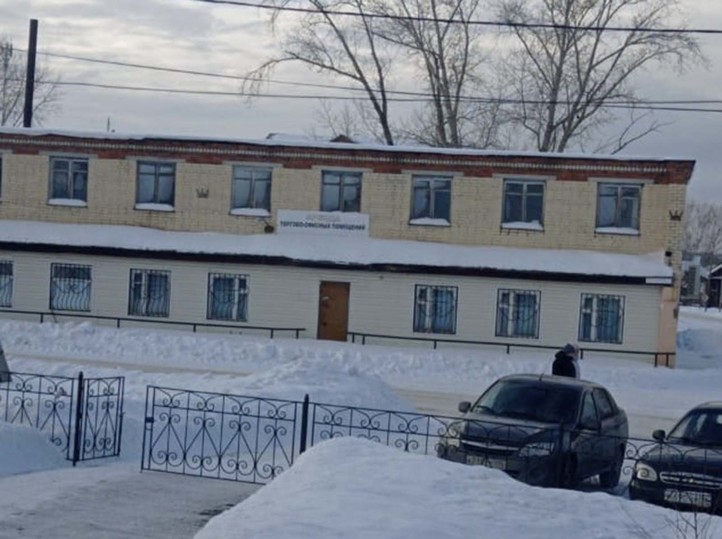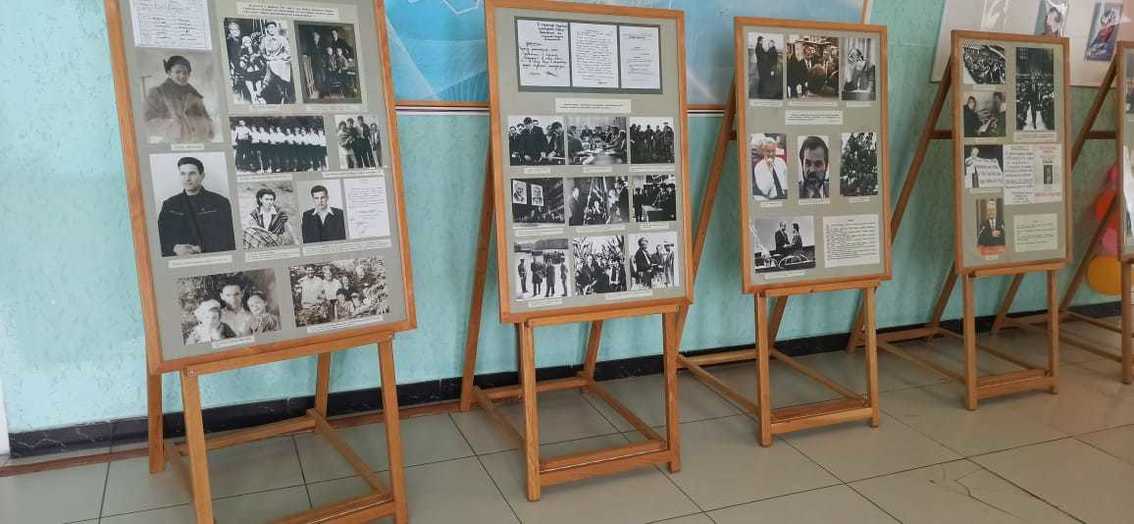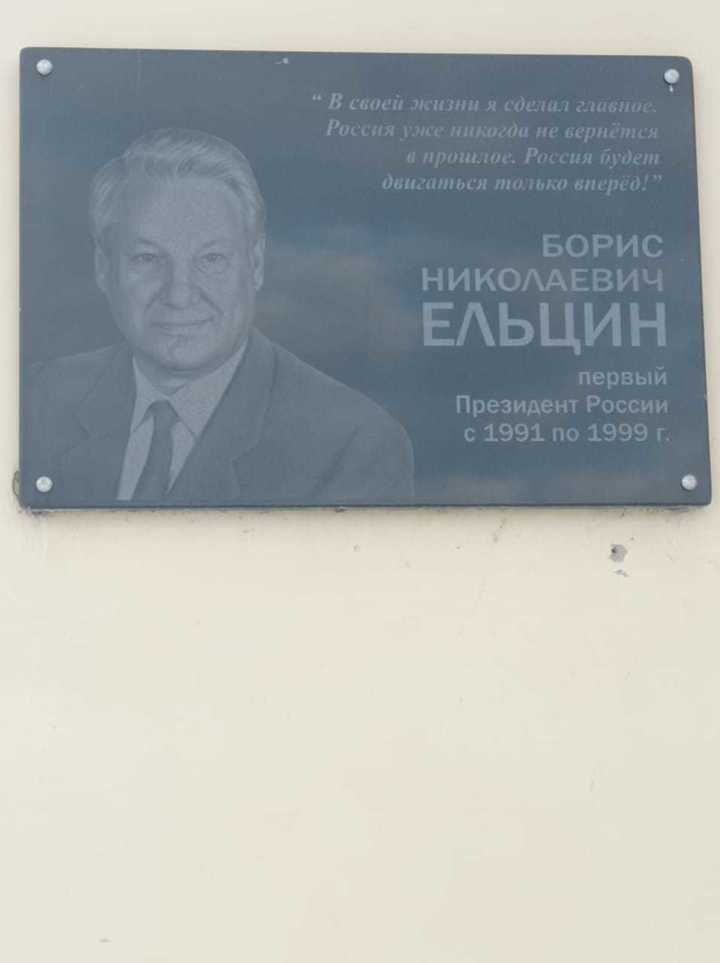There is no gas, no work: what is happening in Yeltsin’s small homeland
[ad_1]
Boris Yeltsin’s birthday is a special date for his small homeland. For many years, this event has been celebrated in the village of Butka in the Sverdlovsk Region.
At one time, thanks to the first president of Russia, an asphalt road was laid in the village, the church was repaired, the factory was reconstructed, and a dairy plant was built. But under Yeltsin they did not have time to carry out gas.
Now there is neither a factory nor a plant in Butki, and the locals no longer dream of gas.
“MK” learned how the fellow villagers of Boris Nikolayevich remember the famous fellow countryman.
From Yekaterinburg to the village of Butka is about 260 km. During the reign of Boris Yeltsin, journalists, sociologists, historians, psychologists from all over the world traveled by bus to the Ural wilderness. Foreigners spent several hours in the homes of local residents, trying to figure out the phenomenon of a native of the outback.
I was in Butka in 2007. Journalists had already stopped going to the village. And in memory of the glorious times, only an asphalt road remained, which was laid from the regional center to Butka under President Yeltsin.

It is known that in the 90s Boris Nikolayevich allocated money for the restoration of the local church, the construction of a dairy plant and the reconstruction of a carpet factory. After Boris Nikolaevich resigned as president, the carpet factory, where carpets were woven by hand, died down. The dairy complex was stolen: slate, slabs, foundation were stolen. At the same time, a large state farm went bankrupt, small businesses closed, and the wages of the villagers were reduced.
Much water has flown under the bridge since that time. And only one tradition is unchanged. On February 1, Yeltsin’s birthday is celebrated every year in Butka.

“On this day, we traditionally hold events dedicated to Boris Yeltsin,” says Svetlana Botanina, head of the Butka council. – In the foyer of the local recreation center there are exhibitions, the exhibits were provided to us by the Yeltsin Foundation. For schoolchildren and local residents we show a documentary film about the life of Boris Nikolayevich. But with excursions they don’t come here for a long time. And journalists do not visit, now they only make phone calls.
Librarian Olga Novosyolova is one of the initiators of Yeltsin’s events. A woman holds meetings with schoolchildren, talks about a famous fellow countryman.
– I briefly retell the biography of the first president of Russia to the younger classes, we go with them to the places of Yeltsin’s childhood. But I do not touch on politics, it is difficult for them to understand.
Are you telling them that Yeltsin gave the country democracy and freedom?
– I’m talking. But it is necessary to chew what democracy is and explain what freedom gives.
In Butka, there is a house that Yeltsin’s parents bought when they were already retired. Boris Nikolayevich himself did not live in it. The house was sold in the 70s. The new owners were the Botanins family – the tractor driver Viktor and the milkmaid Faina. The head of the family had previously complained about the lack of gas in the village and the crowds of tourists who broke into his house.
– Faina left her husband, now she lives with her daughter. So there was only Fedor left in the Yeltsin house,” continues the librarian Novosyolova. – When schoolchildren come to his house with a tour, he no longer swears. For many years I got used to crowds of people, stopped responding.

– They wanted to build a Yeltsin museum in this house, but the owner did not agree.
— Yes, it was. Now it is even more useless to persuade him. He is already old, there is no need to move him to another nest. Fedor is a sick man, who knows how much he has left. So he lives in this house. But his daughter does not mind giving the house to the museum. Perhaps after the death of the owner, it will be so.
– Did you hang a sign mentioning Yeltsin on the house?
No, no one thought about it. In our village there is one memorial plaque with the image of Boris Nikolaevich. It hangs on an abandoned building in the center of the village, which was built by Yeltsin’s father. There used to be a grocery store there, but now it’s empty.
– Is the road that was built under Yeltsin intact?
– By rural standards, it will do. Still holding up. And the church stands, for which Boris Nikolayevich gave money.
– Did you run the gas?
Still no gas. The factory is also not working, the starch factory has closed, not a single farm is left. Agriculture, one might say, died. You will not find work in the village during the day with fire. Although the village is large, the population is 4393 people. Many leave to work on a rotational basis. So there is nothing to brag about, except for the fact that Yeltsin was born here …
[ad_2]
Source link








